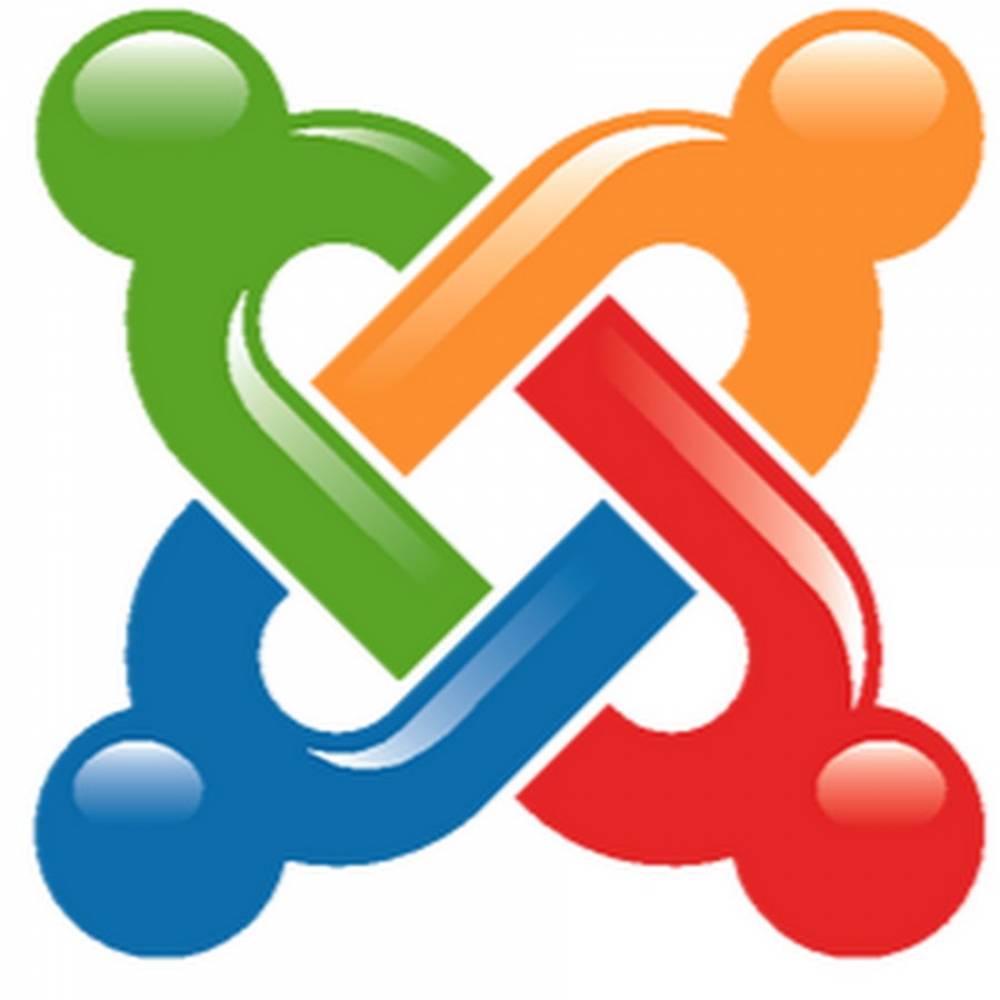
The Benefits of Studying Joomla
Joomla Study
Joomla is written in PHP, uses object-oriented programming techniques and software design patterns, and stores data in a MySQL database. It has a software dependency on the Symfony PHP framework. Joomla includes features such as page caching, RSS feeds, blogs, search, and support for language internationalization. It is built on a model–view–controller web application framework that can be used independently of the CMS.
Joomla has a web template system using a template processor. Its architecture is a front controller, routing all requests for non-static URIs via PHP which parses the URI and identifies the target page. This allows support for more human-readable permalinks.
Roles and Responsibilities of Joomla Developer
- Designing and implementing rich web UI in JavaScript framework. Working with Ember.js and other Java-based technologies.
- Designing, testing, implementing and managing software programs Modifying existing programs to meet company needs.
- Strong technical experience in PHP, MySQL, Jquery, and Javascript.
- Proficient in CMS – Joomla.
- Joomla Theme Customization & Plug-in Development.
- Create Project Plans & Manage Deliveries Single-Handed.
- Creating technical specifications.
The Benefits of Studying Joomla
Developed for Simple and High-Performing Websites
The strength of Joomla is that it is a CMS built for developing different types of websites. WordPress is also useful for developing different types of websites, but it still looks and functions like a blogging platform. Joomla also has a customizable system that allows the implementation of small customizations with minimal dependence on extensions.
Function-Based Categorization of Extensions
Joomla has a decent amount of extensions numbering to almost 8000. In its own terminology, these extensions are categorized as plugins, templates, components, language, library, module, and packages. When compared to the plugin and themes ecosystem of WordPress, the advantage of Joomla centers on categorizing the extensions according to functions. Each category essentially represents a dedicated function, thus leading to lesser bloat, slowdowns, and compatibility issues that typically affect the development of websites via WordPress.
Search Engine Optimization
Joomla has built-in search engine optimization tools that are ready for use. These tools include metadata creation and modification, keyword planning and monitoring, support for SEO-friendly URLs, sitemap generations, robot exclusions, and menu creation. The installation of extensions can extend the SEO capabilities of this CMS.
Additional Beneficial Features and Characteristics
Joomla supports the development of multi-language websites with over 70 languages through language extensions. It also has built-in performance-enhancing functions such as caching and GZIP compression, image optimization, and plugin and HTTP requests restriction. Other advantages include having a strong support system from Joomla developers, an open-source community, and extension developers in the form of technical support, documentation, tutorials, FAQs, and codex, among others.
Career Benefits
Professional Certification
Jobs Opportunities
Career Advancement
Increased Earning Potential
Skills You Will Gain
Some of the skills you will gain in the course of study include:
Joomla - Introduction
Joomla - Overview
Joomla - Installation
Joomla - Architecture
Joomla - Control Panel
And lots more..

